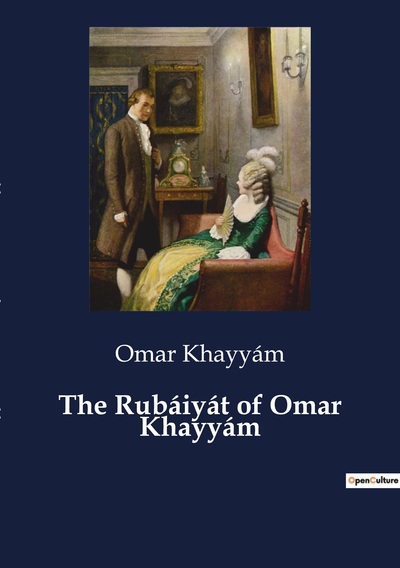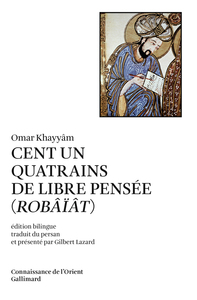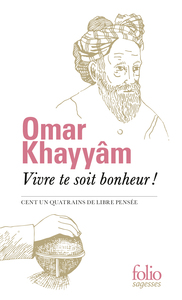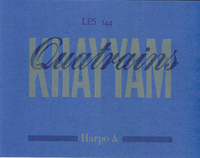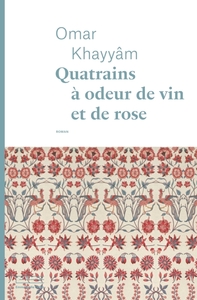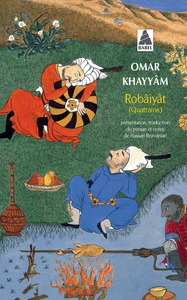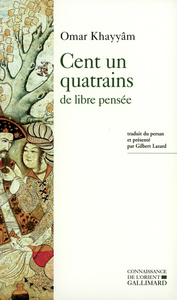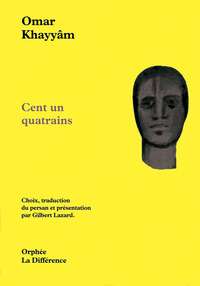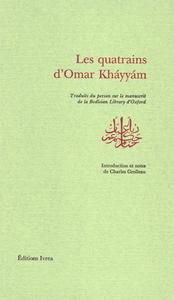Nous utilisons des cookies pour améliorer votre expérience. Pour nous conformer à la nouvelle directive sur la vie privée, nous devons demander votre consentement à l’utilisation de ces cookies. En savoir plus.
The Rubáiyát of Omar Khayyám
EAN : 9791041806409
Édition papier
EAN : 9791041806409
Paru le : 23 juil. 2023
12,95 €
12,27 €
Disponible
Pour connaître votre prix et commander, identifiez-vous
Notre engagement qualité
-
 Livraison gratuite
Livraison gratuite
en France sans minimum
de commande -
 Manquants maintenus
Manquants maintenus
en commande
automatiquement -
 Un interlocuteur
Un interlocuteur
unique pour toutes
vos commandes -
 Toutes les licences
Toutes les licences
numériques du marché
au tarif éditeur -
 Assistance téléphonique
Assistance téléphonique
personalisée sur le
numérique -
 Service client
Service client
Du Lundi au vendredi
de 9h à 18h
- EAN13 : 9791041806409
- Réf. éditeur : 291934
- Date Parution : 23 juil. 2023
- Disponibilite : Disponible
- Barème de remise : NS
- Nombre de pages : 120
- Format : H:210 mm L:148 mm E:7 mm
- Poids : 167gr
- Résumé : Omar Khayyám was a medieval Iranian mathematician, philosopher, scholar, and poet. He was thought to have composed over 1,000 rubáiyát, or quatrains, in his lifetime. Many different scholars have translated selections of Khayyám's quatrains, but Edward FitzGerald's translation remains the most beloved. FitzGerald's translation is interesting in that it isn't a literal translation—rather, FitzGerald took significant artistic license in his interpretation. Thus it's tough to say if we should call this a translation of the Rubáiyát, or poems by FitzGerald based on or inspired by Khayyám's quatrains. Whatever we call it, this translation is a bright and lyrical celebration of the joys and beauties of everyday life. FitzGerald's work has remained popular for hundreds of years precisely because of its uplifting and wondrous quality. This ebook is based on the fifth edition, which is very similar to the fourth edition, the last edition to be published in FitzGerald's lifetime. The fifth edition was published posthumously based on FitzGerald's notes.
- Biographie : Ghiyāth al-Dīn Abū al-Fatḥ ʿUmar ibn Ibrāhīm Nīsābūrī (18 May 1048 - 4 December 1131), commonly known as Omar Khayyam (Persian: عمر خیّام), was a Persian polymath, known for his contributions to mathematics, astronomy, philosophy, and poetry. He was born in Nishapur, the initial capital of the Seljuk Empire. As a scholar, he was contemporary with the rule of the Seljuk dynasty around the time of the First Crusade.

